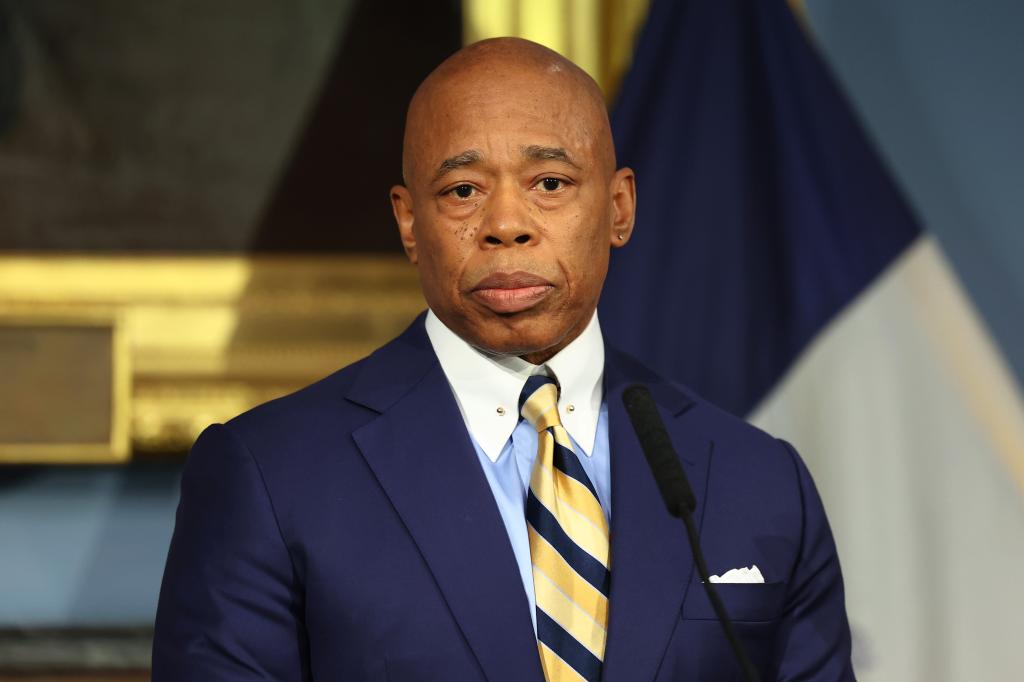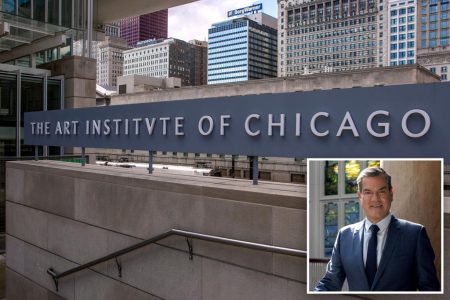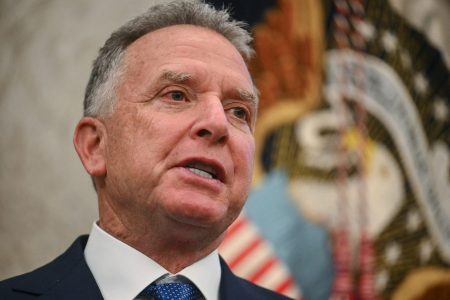Eric Adams, the incumbent mayor of New York City, finds himself at a crucial juncture in his reelection campaign. His bid for a second term hinges significantly on the upcoming decision of the city’s Campaign Finance Board (CFB) regarding his eligibility for public matching funds. This decision, expected on Monday, will have a profound impact on the financial landscape of the mayoral race, potentially shaping the dynamics of the upcoming June Democratic primary. The CFB’s determination carries immense weight, as it will either provide a substantial financial boost to Adams’ campaign or severely restrict his resources, potentially hindering his ability to compete effectively against a field of challengers.
The crux of the matter lies in the CFB’s assessment of Adams’ campaign finances, particularly in light of his recent federal indictment on corruption charges, which include allegations of campaign fraud. These charges, coupled with potential irregularities identified in his 2021 campaign, have cast a shadow over his request for public matching funds. The CFB is tasked with scrutinizing the validity of Adams’ campaign contributions and ensuring compliance with campaign finance regulations. Their decision will ultimately determine whether the mayor receives the significant financial advantage afforded by the matching funds program, which provides candidates with $8 for every dollar donated by New Yorkers, up to the first $250 received from each donor.
Adams’ campaign has requested a substantial sum of $4.5 million in matching funds. However, the CFB’s preliminary review has raised red flags, indicating that approximately one-third of the claimed contributions might be invalid. This includes a concerning statistic that half of the donations received between July and October are under scrutiny. These discrepancies have further complicated the CFB’s decision-making process and intensified the scrutiny surrounding Adams’ campaign finances. The CFB has explicitly stated that they are carefully considering the implications of the federal indictment against the mayor as they evaluate his request for public funds.
The potential ramifications of the CFB’s decision are significant. If the board denies Adams’ request for matching funds, his campaign will face a considerable financial disadvantage. While he has already raised a substantial amount of money, the loss of the matching funds would significantly curtail his resources and potentially hinder his ability to mount a robust campaign against his opponents. In a crowded Democratic primary, where multiple candidates are vying for the nomination, the availability of financial resources plays a crucial role in outreach, advertising, and overall campaign operations. A denial of matching funds would force Adams to rely heavily on his existing funds and make strategic decisions about resource allocation.
Conversely, if the CFB approves Adams’ request, his campaign will receive a significant financial injection, providing a substantial boost to his reelection efforts. The matching funds would enable him to expand his campaign operations, broaden his outreach to voters, and effectively counter the campaigns of his rivals. This influx of funds would strengthen his position in the race and provide him with the resources necessary to compete aggressively in the primary. The CFB’s decision will therefore be a pivotal moment in the mayoral race, significantly influencing the trajectory of Adams’ campaign and shaping the dynamics of the Democratic primary.
Despite the uncertainty surrounding the CFB’s decision, it’s important to note that Adams’ campaign is not entirely reliant on public matching funds. As of October 7, the campaign had already raised $4.1 million and had $3.1 million in cash on hand. This existing financial base provides a degree of stability and allows for continued campaign operations, regardless of the CFB’s determination. However, the absence of matching funds would still represent a significant setback, limiting the campaign’s financial flexibility and potentially impacting its ability to compete effectively against well-funded opponents. The CFB’s decision will therefore be a defining moment in Adams’ reelection bid, determining the extent of his financial resources and shaping the landscape of the upcoming Democratic primary.










